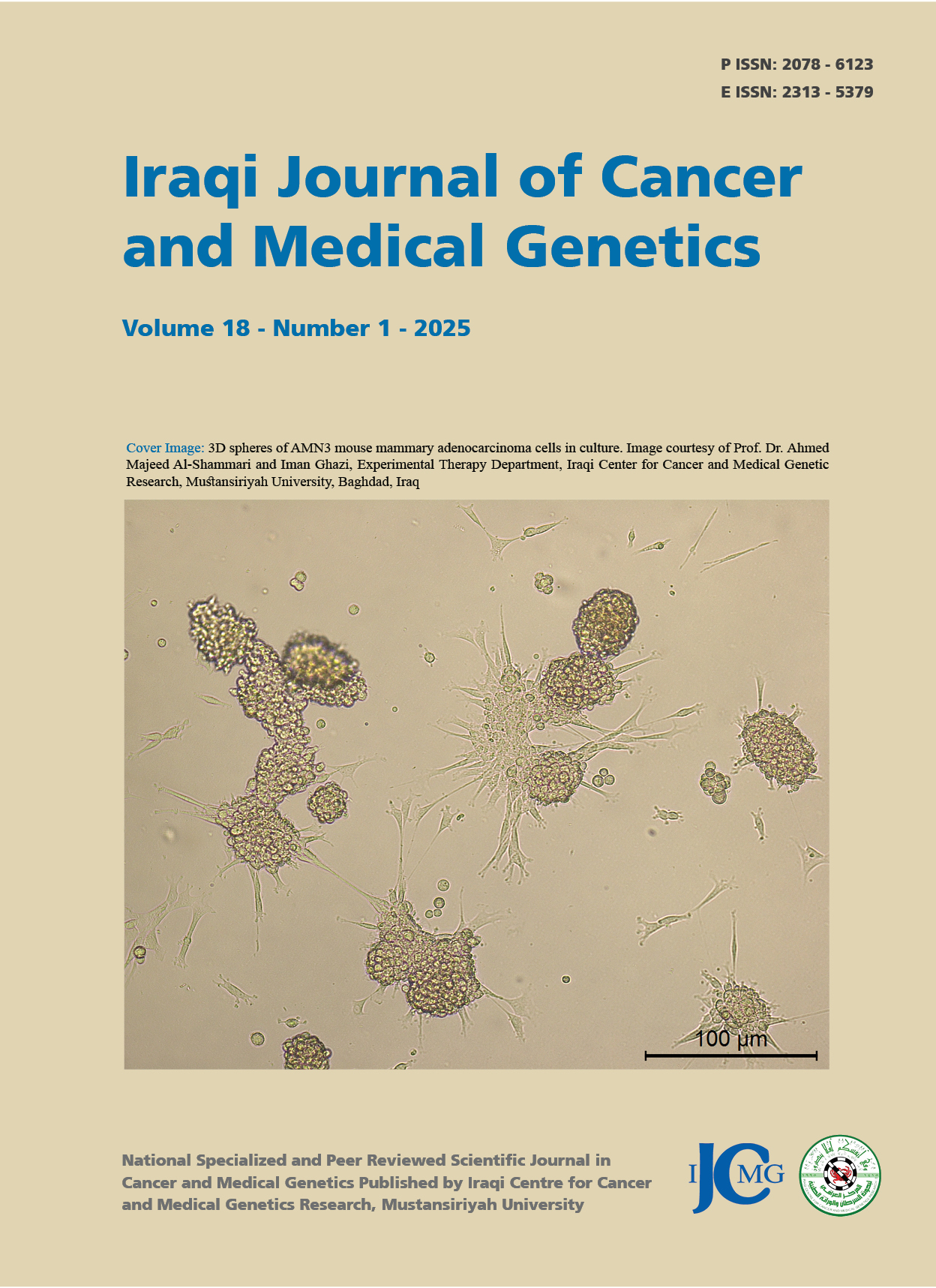Abstract
Lung cancer, which is characterized by uncontrolled cell division in the lungs, is the leading cause of cancer-related death worldwide, accounting for one-fifth of all cancer deaths. This review aims to provide a comprehensive analysis of lung cancer, focusing on its epidemiology, diagnosis, treatment, and risk factors, particularly non-small cell lung cancer (NSCLC) and small-cell lung cancer (SCLC). The objective is to explore recent advancements in diagnostic techniques, including low-dose computed tomography (LDCT), liquid biopsies, and biomarkerbased approaches, which enhance early detection and monitoring. Additionally, the review examines treatment strategies, including surgical interventions, chemotherapy, radiation therapy, targeted therapies, and immunotherapy, with a focus on personalized treatment plans based on cancer type and stage. Emerging risk factors, such as genetic predispositions and environmental exposures, are also discussed to highlight their implications for prevention and early intervention. In conclusion, this review underscores the importance of integrating the latest research and clinical advancements to improve diagnostic accuracy, develop innovative treatments, and implement preventive measures. By doing so, it aims to contribute to reducing the global burden of lung cancer and improving patient outcomes.
Keywords
Cancer
Lung cancer
non-small-cell
Smoking
